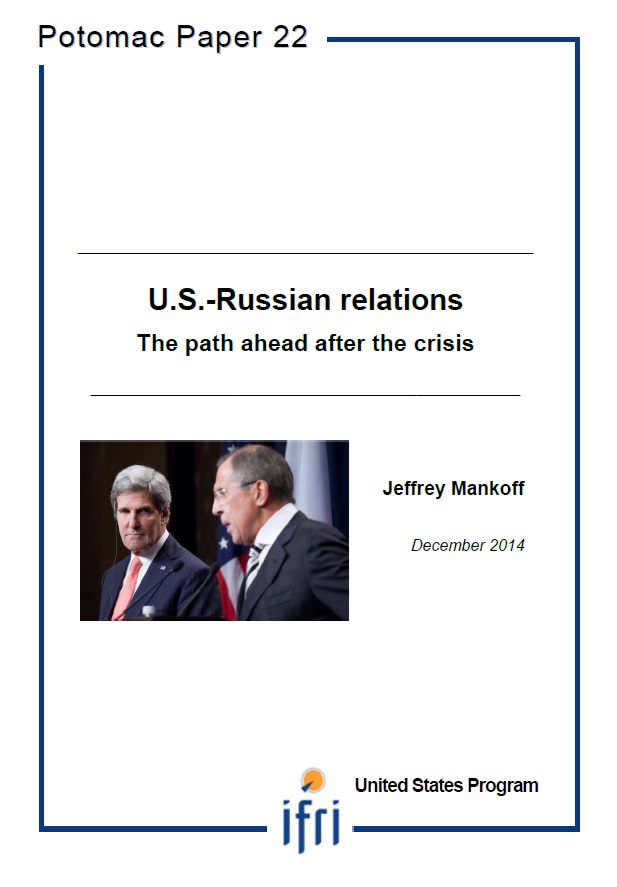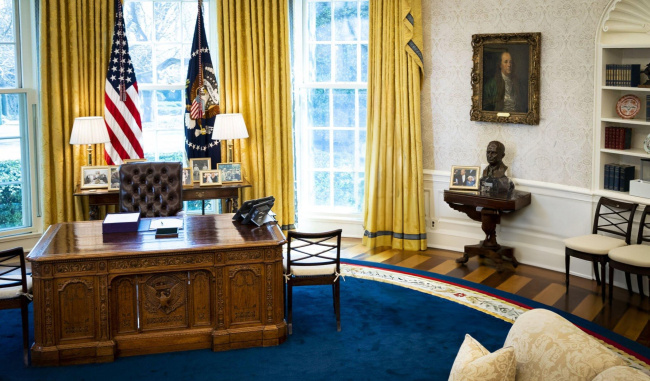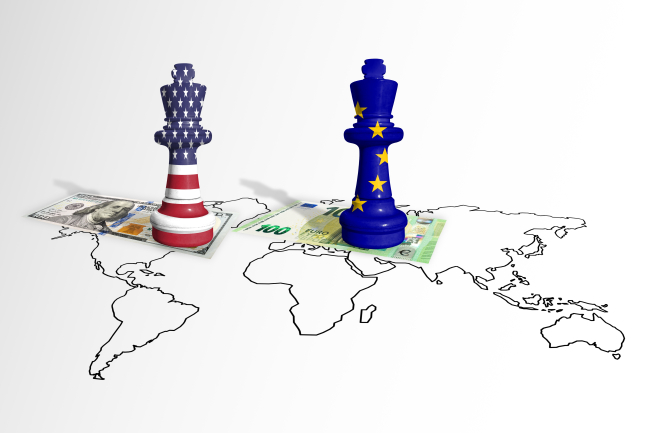U.S.-Russian Relations: The Path Ahead after the Crisis

CSIS expert Jeff Mankoff explains the reasons of the crisis in Ukraine, and how the U.S. should try to reestablish a more stable situation in central Europe, mixing containment and engagement of the Russian partner.
After 1991, Russia never became a full participant in the new European security order, which remained based on NATO and, to some extent, the European Union. The Ukraine crisis of today is in many ways a consequence of Russia’s ambiguous position in that security architecture, which Moscow is now seeking actively to overturn.
While the status quo may not be ideal, the U.S. and its allies have little choice but to defend it right now. Backing down under Russian pressure would set a disastrous example, not only in Europe, but in every part of the world where a U.S. security umbrella restrains interstate conflict.
In the short to medium term, the U.S. has few options.
Relying on economic and diplomatic sanctions has not had the desired effect so far, and encourages Russia in its belief that what the U.S. really seeks is regime change in Moscow.
U.S. policy needs to step up efforts to confront Russia in states that it seeks to destabilize. This can be done if NATO’s presence and deterrence are both more credible, and through financial and even (limited) military assistance from the West. Meanwhile, a negotiated settlement that recognizes at least Russia’s baseline interests in Ukraine must be sought.
In the longer term, containment needs to be supplemented by a real effort to reshape relations between the West and Russia along less zero-sum lines. While the prospect of Russia “joining” the West today seems more remote than ever, it remains conceivable that Moscow and the Western powers can find a modus vivendi that allows both to pursue their economic interests in the grey zone between them without posing an undue threat to one another’s security.
Figuring out where states like Ukraine, Belarus, and Moldova will fit in the European quilt will remain the most significant question. For now, though, the West needs to be sure it can negotiate from a position of strength, which requires strong trans-Atlantic unity and sufficient investment of financial and other resources in ensuring the success of Ukraine’s transition.

Available in:
Regions and themes
ISBN / ISSN
Share
Download the full analysis
This page contains only a summary of our work. If you would like to have access to all the information from our research on the subject, you can download the full version in PDF format.
U.S.-Russian Relations: The Path Ahead after the Crisis
Related centers and programs
Discover our other research centers and programsFind out more
Discover all our analysesDonald Trump v. the States: the Case of New York
While the disruptive policies of the second Trump administration are being implemented at the federal level and on the international stage, they are also being felt in the federal states and major cities across the country. In the spring of 2025, several cases involving the state and city of New York demonstrate that the president’s attacks on environmental protection, the separation of powers, freedom of speech, etc., are also being carried out at the local level.
How the US under Trump Became a Strategic and Ideological Adversary of Europe
The Europeans' worst security nightmare seems to be coming true: on Tuesday, February 18, 2025, U.S. Secretary of State Marco Rubio and Russian Foreign Minister Sergey Lavrov met in Saudi Arabia to initiate the normalization of relations between their two countries. The meeting also aimed to set up peace negotiations for Ukraine. However, despite having the potential to affect the entire continent, the discussions took place without the Europeans or the Ukrainians being present.
Will Trumpian Authoritarianism Lead to a Constitutional Crisis?
Since his return to the White House on January 20, 2025, President Donald Trump has signed around sixty executive orders to implement his political agenda. Numerous other measures have also been introduced by the White House and the new Department of Government Efficiency (DOGE) as part of these orders.
Trump’s Second Term: Laying the Groundwork for a New Trade War
In a statement released on February 1, 2025, President Trump announced the implementation of a 10% tariff on Chinese goods and a 25% tariff on imports from Canada and Mexico. While the former took effect via executive order on February 4, the latter were granted a 30-day reprieve. Sanctions targeting European Union (EU) products are said to be imminent.








